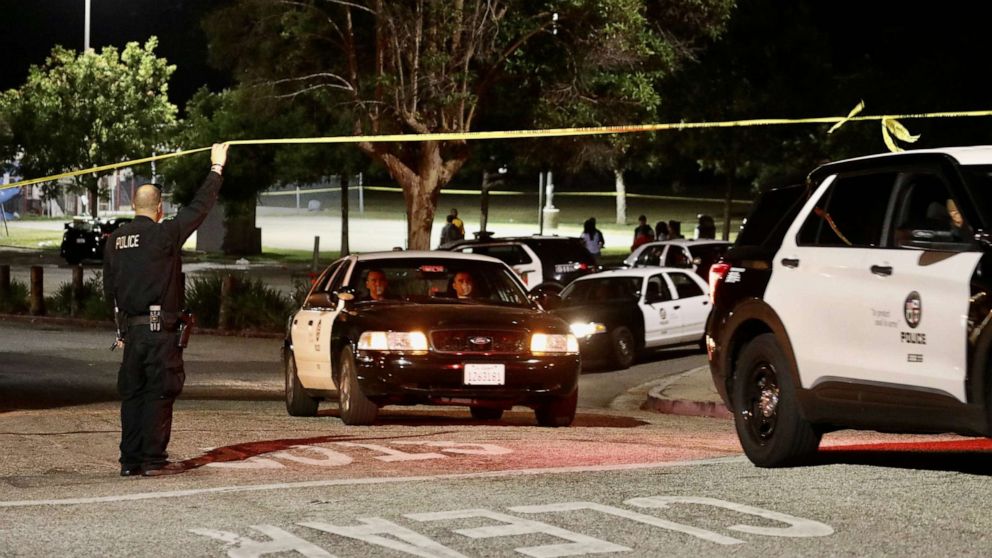A story told in crisp black and white, Mahanagar is just as relevant and impactful today as it was 60 years ago. It is no wonder that it secured the Best Direction Prize at Berlin Film Festival.
Based on Narendranath Mitra’s short story, Abataranika, Ray’s screenplay examines the uneasy and tumultuous shift in social convention seen through a lower middle class Bengali joint family. The aging, retired and virtually penniless school master and his wife represent the dying values of patriarchy. Their son, Subrata Mazumdar (Anil Chatterjee) and his wife, Arati (Madhabi Mukherjee) portray the naturalistic conflict of shifting social mores, the agony and ecstasy, the turbulence and excitement.
Subrata, a lowly employee in a bank, is constantly anxious in his struggle to make ends meet to provide for his household of five. Meanwhile, he expects his competent wife to stay at home. An encompassing and humorous scene which serves as a metaphor for the entire film shows the old man’s lament about being unable to read to Bani, Arati’s younger sister, who is sporting glasses! This sequence sets the tone for clashes of varying kinds, the most important being the temptation and the reluctance in letting Arti take up a job to supplement the family income.
Although Subrata helps his intelligent and beautiful wife find employment as a sales girl in a company selling a new knitting machine (targeted at the rich), her quick economic success is resented by Subrata. He firmly believes that a woman’s place is at home. He tells this to Bani, asking her what good it is for her to study when she would like her sister-in-law land in the kitchen.
However, Subrata cannot do anything about his hybrid of guilt, suspicion and jealousy because of the precarious financial position at home. Mahanagar epitomises this predicament in a very simple, touching and light-hearted manner.
The post ‘The Big City’ – A World of Possibilities appeared first on Asian Express Newspaper.





















Discussion about this post